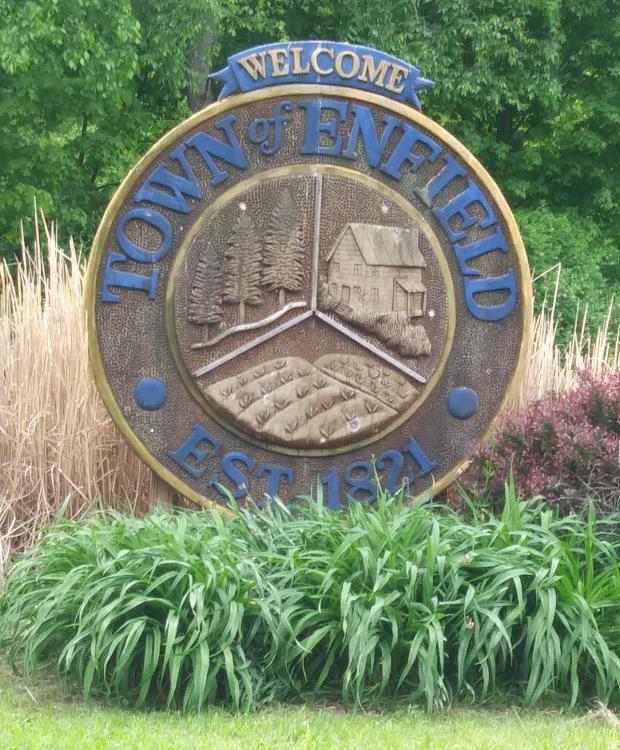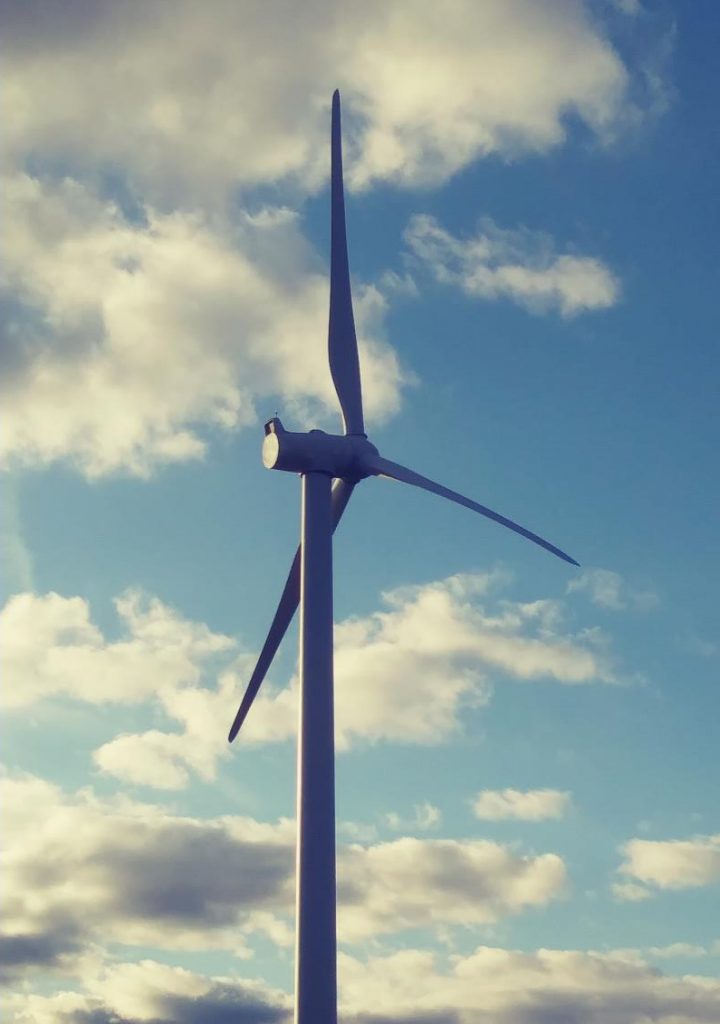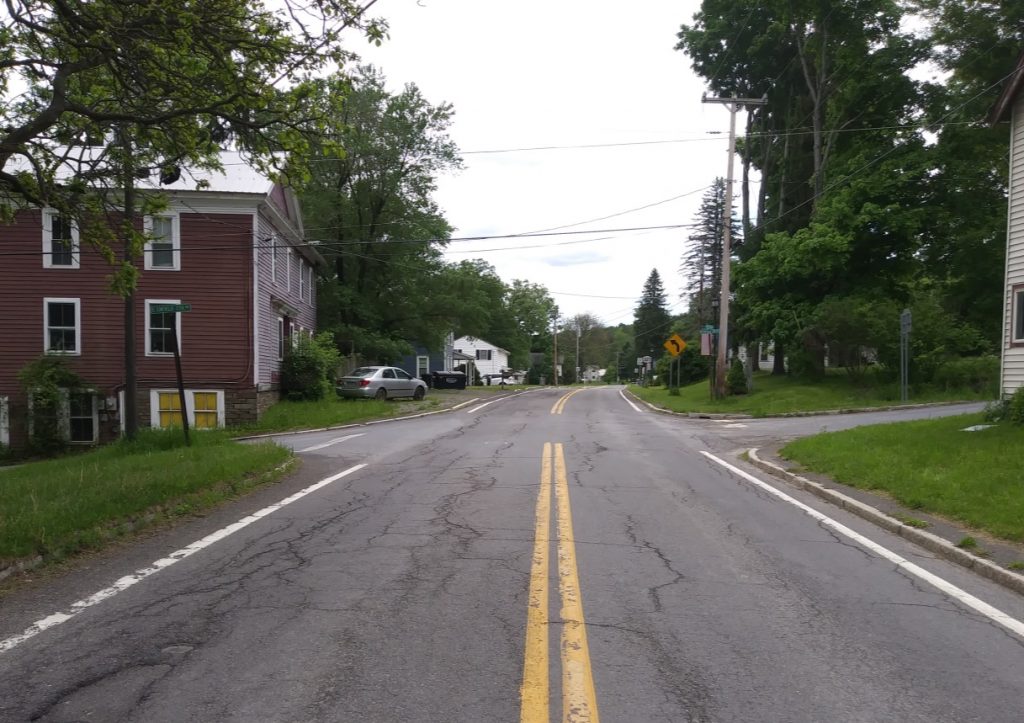Bob’s former Home Page Essay; Dec, 14, 2019 – Jan. 1, 2020
Posted December 14, 2019
“I took off my diamond ring and tossed it into Cayuga Lake.”
“Sue,” WTKO Traffic Manager, decades ago.
Wednesday night, December 11th, the Enfield Town Board turned a page, a welcome page in my book.
Please, don’t get me wrong. I’m not talking about the departure of retiring Board members Michael Carpenter and Becky Sims. Each has served our Town Board admirably and professionally. Their skills and insight will be missed. As I told the Board during its closing moments after a long, three-and-a-half-hour meeting, I may have disagreed with Carpenter and Sims at times during this past year. But such disagreement, I said, is “Democracy.” I mean it.
Good Bye, Mike and Becky. Stay engaged. Come back often. You’re always welcome as long as I sit in one of the Councilperson’s chairs you once occupied. And I extend a special Thank-You to Town Clerk Alice Linton, who at year’s end retires after a decade of service.

No, the page-turning exercise of which I write concerns Enfield’s Wind Law, coupled with the years-long Black Oak Wind Farm controversy that preceded it. The Black Oak ordeal—which many outsiders often conflate with the more recent Wind Law debate—drew from this Town and its legislators so much agony, energy and grit. It distracted our leaders from other pressing tasks, jobs still undone. Many would prefer the wind disputes had never happened. Yet they did. And I, for one, maintain we’re wiser because they did. I’ll explain.
But first, let me address my current perspective as I prepare to assume one of the two Councilperson seats that will transition to Stephanie Redmond and me New Year’s Day.
By now, each of you knows my position regarding Enfield’s complex new Wind Law and its 61 pages (plus Appendices) of preclusive regulation. I opposed it. I wish the Town Board had chosen a different course, written a different document. Unlike some of my fellow residents, I do not fear commercial wind power. I believe harnessing the wind and the sun are obligations we must undertake to avoid burning up the planet and to preserve for future generations a more habitable place.
But as I’ve also learned from those whom I’ve met this year on the campaign trail, commercial turbines sicken a select few. As one who suffers from a rare form of migraine, I can relate. No one should ever be forced to sell her home and move from our beautiful town because a windmill spinning too close makes her nauseous. That was my campaign promise these recent months. It will remain my promise during my upcoming term of office.

Nonetheless, in my opinion, our Town Board never fully drew an accurate nexus between the potential, yet still largely unproven, adverse impacts of wind generators and human discomfort. As I critiqued the recently-adopted Wind Law prior to its adoption, I believe we should have commissioned a professional consultant to, as I said, “separate the valid science from its junky imposters and determine the true safe distance” between human body and spinning machine.
My citizen-neighbors on the Enfield Renewable Energy Advisory Committee performed as well as I could have done. But they—and we—are amateurs, not professionals. As I witnessed the Town Board agonizing this past summer to balance the Committee’s hard line objections against the reality of Enfield’s landscape, I observed sincere, yet fact-deprived legislators attempting “arbitrary best-guesses.” Members stood lacking vital evidence to help them decide whether an outright ban was their only recourse. If on the Board then, I would have felt equally clueless.
Yet, looking forward today, despite our Town’s troubled history with Black Oak, I believe I will never likely have need to address a commercial wind power application during my four years as your Town Councilperson. Nor frankly, do I want to.
I agree with Katherine Borgella, Tompkins County’s Commissioner of Planning and Sustainability. In authoring her Department’s five-page, multi-point critique of our draft Wind Law—with “Recommendations” for change that our Town Board overrode by supermajority vote—the Commissioner concluded that the Town’s (generally half-mile) lot line setbacks would “effectively ban large [Wind Turbine Generators] in the Town.” An effective ban is a ban nonetheless.
Commercial wind developers plod the path of least resistance. They seek out the most welcoming, least regulated communities in which to plant their investments. Enfield is neither. Some of those most active in scripting our new wind regulations have already girded their loins for what I might call “Black Oak II,” the next fight. I do not share their apprehension.
Barring an unforeseen legal challenge by critics who might interpret our Wind Law as a ban marching in deceptive, super-regulatory clothing, I believe the Advisory Committee will have little work to do these next four years. As for a legal challenge, we’ll know soon. The statute of limitations for filing a so-called “Article 78 Proceeding” runs a mere four months [NY CPLR § 217].
But we who lead should neither dwell on the battles of the past, nor live in fear that yesterday’s perceived enemy still lurks just around the corner, preparing to regroup and re-engage us in conflict another day. No, turning the page demands of us a fresh attitude, forward focus, and discipline.
Back during my radio years, I worked beside an office clerk who’d just terminated a troubled marriage. I’ll call her “Sue.” Sue told us all how she’d dramatized her break-up by removing her diamond ring and tossing it into Cayuga Lake. A waste of wealth, to be sure; but necessary, welcome closure for her.
I’d suggest we follow Sue’s example. None of us need obsess about the battles of the past. That goes for this Wind Law; the Black Oak controversy; even for the fracking debates that we resolved years ago. Our decisions have been made, our laws stand settled. If we need to revise the Wind Law at some future date—say, in response to a lawsuit we’d lose—we’ll deal with it then, not before. And if energy companies attempt to circumvent New York’s anti-fracking bans, we’ll adopt resolutions urging the State to tighten its controls. Case closed.
Just as with Sue’s bad marriage, or say, with a mistaken career path, a college bust-out, or even the tragic loss of a loved one, we always stand in the present, never in the past-tense. And we stand healthiest when we candidly, yet quickly acknowledge our prior challenges, assess our strengths and weaknesses, and then move forwarded decisively, avoiding whenever we can that unhealthy glance back over our shoulder just to ask ourselves “what if?” No matter. We’re wiser now. We’ve grown.

As a Town, let’s look forward with that same determination. We have much work laid out in front of us: New challenges, fresh opportunities. And we’ll all be more productive—and maybe enjoy fewer, shorter meetings, plus reap the benefits of increased collegiality—if we “Five Amigos” on our Enfield Town Board; Bryant, Mehaffey, Redmond, Lynch, and Supervisor McGee—labor together as a team, rather than at cross-purposes. Disagree when we must; stand our ground when we know it’s right; yet compromise whenever we sense an opening. And always… always give tirelessly of ourselves, thoughtfully, diligently and courageously for this thriving, growing, and charmingly-diverse community we collectively represent, one of America’s best, the place we call home.
Leave that diamond ring in Cayuga Lake. You’ll never find it. I’m sure Sue never did. She didn’t want to. She grew.
Forward, together, for our Enfield, One Enfield.
Bob

